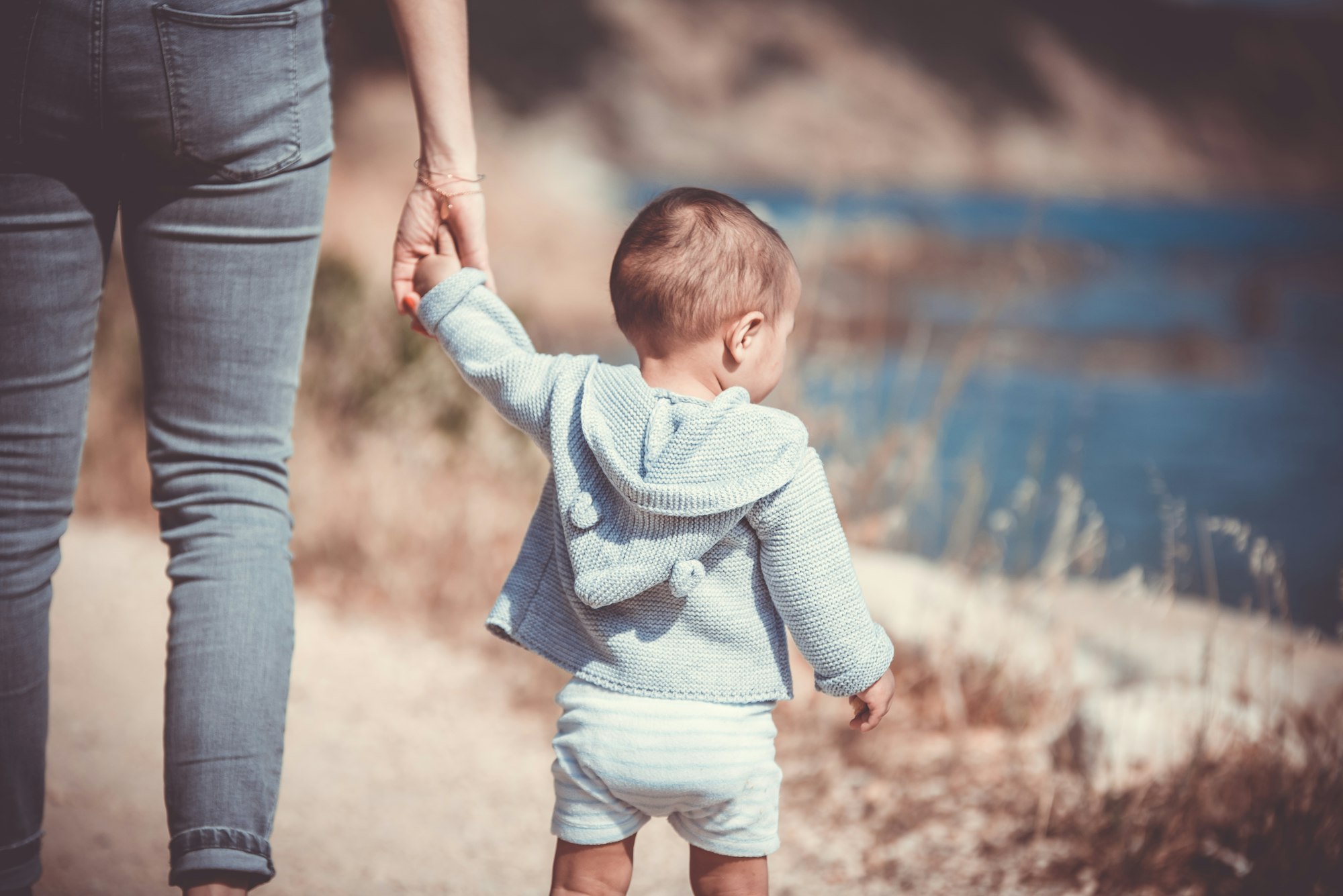Preventing Dehydration in Babies
Taking your baby outdoors is an exciting and highly beneficial experience. here are some easy ways to protect them whenever you venture outside.

How To Keep Your Baby From Getting
Dehydrated While You're Out
Taking your baby outdoors is an exciting and highly beneficial experience. According to pediatric experts on Lamaze, bringing your child outdoors can help them stimulate their mental development, strengthen their lungs, boost essential Vitamin D, and even improve their overall sleep hygiene. However, as discussed on Medical News Today, infant bodies are made up of as much as 84% water, which makes it much easier for them to become dehydrated—especially in more demanding climates. Thus, for you and your child to avoid dehydration and the complications that come with it, here are some easy ways to protect them whenever you venture outside:
- Breastfeed them more often - Since babies who've been mostly breastfed are not recommended to take water until around six months of age, they'll be relying on your breast milk to stay hydrated; this means that while you're outside, you may want to breastfeed your baby more often. While the average baby (aged 0-6 months) will consume around three ounces of breast milk every three hours, you may want to double this frequency during your
time outside. As discussed in our previous article on 'Why is Breastfeeding
Important?', we outlined how breast milk has colostrum, insulin, lactose, long fatty chains, water, and electrolytes. So it's the perfect way to balance your baby's hydration and boost their immunity. - Clothe them in breathable fabric - Keeping your baby bundled up outside may seem like a way to protect them from irritants. Still, unless it's chilly, excessive layers might be harmful. In a piece on dehydration from Very Well Health, excessive clothing and blankets are said to exacerbate an overheating baby. This is because the added layers will only serve to trap heat and make them lose fluids faster. Hence, when taking your baby outside,
dress them in breathable fabrics like cotton (which is also absorbent) or bamboo rayon (which is thermal-regulating). - Invest in sun-protective pushchairs - Prolonged exposure to extreme heat and direct sunlight can cause your baby to lose fluids drastically while also putting them at risk of sun damage. As such, it's essential to use sun-protective baby gear like sunhats and sunshades. Since using pushchairs is also recommended for your child's safety and mobility, make sure to use a model with protective canopies. If you've got multiple little children, you can find models like the double pushchairs on iCandy, which can seat both your infant and older child in an adjustable configuration that still benefits from multi-function SPF50+ canopies. If you take them out of the pushchair, ensure they wear hats that protect the neck and face.

- Regularly apply sunscreen - Regardless if it's overcast or sunny, don't miss out on applying sunscreen on your baby. Since infant skin is very sensitive, make sure to find a sunscreen with at least an SPF 30, is broad-spectrum (meaning it protects against both UVA and UVB rays), and is water- and sweat-resistant. As outlined in the types of sunscreen on Nemours, the best sunscreen for children are those in either cream, gel, or liquid formulations. When applying sunscreen, remember to apply it over all the exposed skin, including behind the ears, underneath straps of clothing, and the bottoms of their feet. As a rule of thumb, a good amount to work with is about an ounce of product. Though you still need to re-apply every two hours for safety.
- Time your walks accordingly - The best time to take your baby out for a walk is during the early morning hours (around 5-8 am). During this window of time, you both have the highest chance of getting Vitamin D without the much harsher afternoon sun (that usually kicks in around 11 am to 3 pm). Also, note how long your outdoor excursions last since anything over 30 minutes may already be too much for a very young infant.
Infant dehydration is a serious matter, but it can be avoided. With the proper preparation, you and your little one can enjoy the healing benefits of the outdoors
together.
